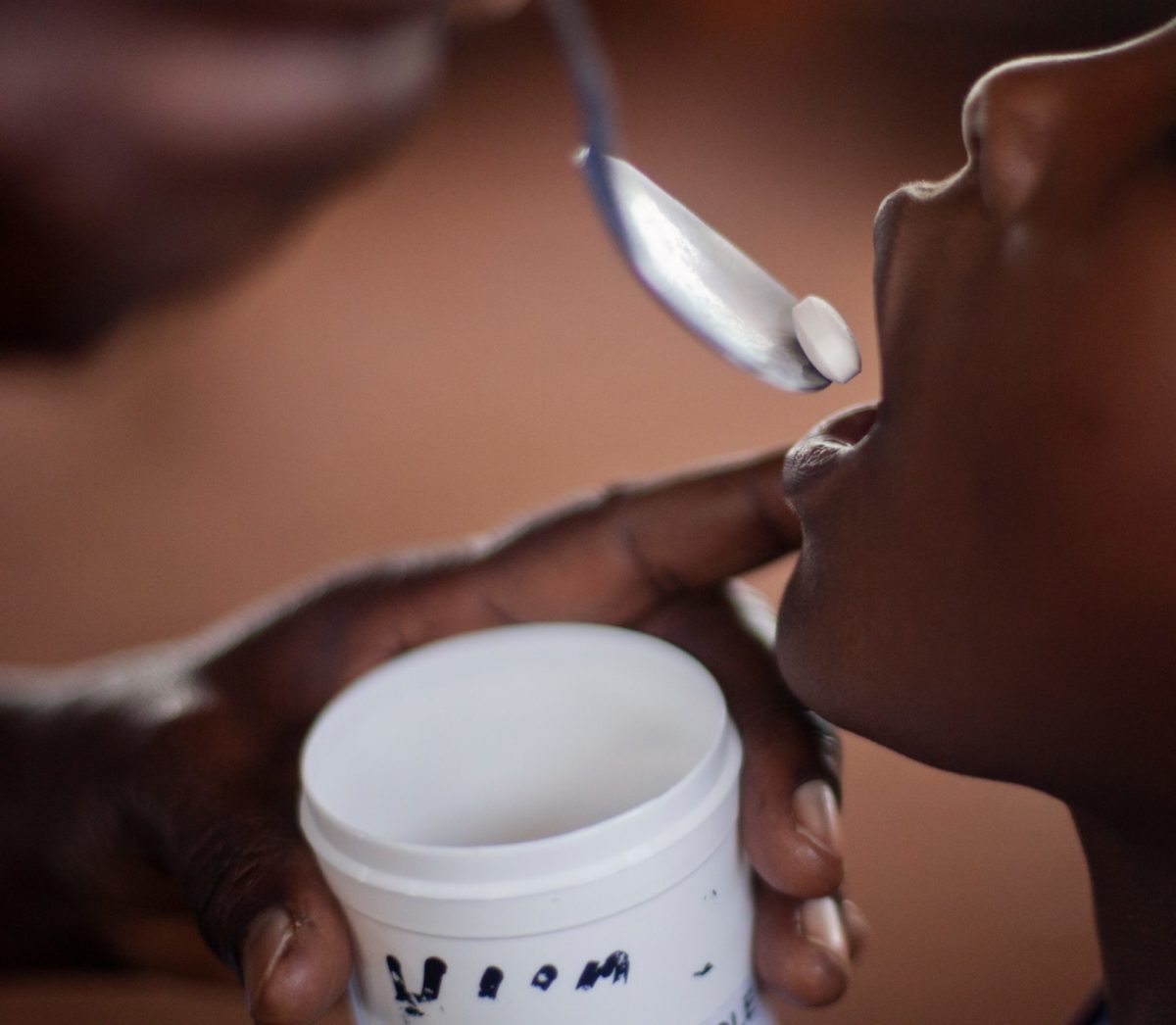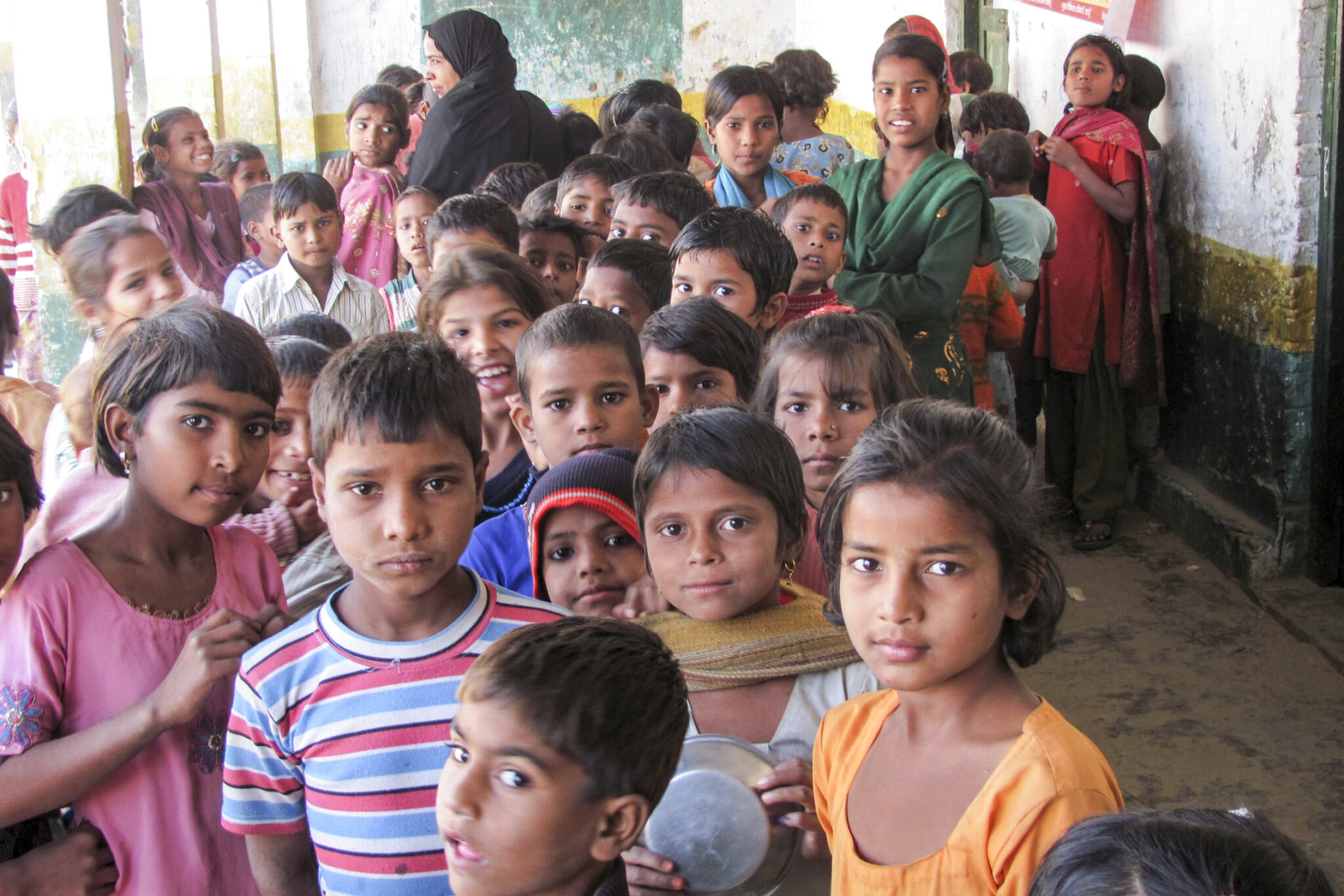Open Policy Analysis of Deworming Interventions

Photo credit: Evidence Action and Stephanie Skinner
More than 1.5 billion people, or 24% of the world’s population, suffer from infections caused by parasitic worms, leading to harmful health and nutrition consequences. Worm-related diseases disproportionately affect children, leading to malnourishment, impairment of mental and physical development, lower school attendance, and decreased wages in the long term.
Early studies, pioneering randomized controlled trials (RCTs) in development economics and led by Ted Miguel and Michael Kremer, documented the beneficial effects of an inexpensive medication to rid children of intestinal parasites in Western Kenya in the late 90s. Initial follow-ups of the intervention showed that deworming helped decrease school absenteeism by one quarter in the first two years and contributed to considerable gains in health and economic welfare that have persisted 20 years later.
To facilitate the translation of the existing evidence on deworming into policy, CEGA, through its Berkeley Initiative for Transparency in the Social Sciences (BITSS) developed an Open Policy Analysis (OPA) of Deworming Interventions, a fully transparent and reproducible analysis integrating findings from past academic research and real-world implementation data. The OPA is a tool for policymakers and policy analysts to easily access policy estimates that account for variations in costs and longevity of deworming programs in their local contexts.
The OPA includes three complementary components:
- An interactive plot, which provides the preferred estimate of deworming interventions’ cost-effectiveness and is intended to inform policymakers. Users can adjust key assumptions, such as prevalence rates and length of treatment, to obtain policy estimates for different settings. Additionally, all assumptions of the model are made available for a more in-depth inspection of the results.
- An open policy report, which shows policy analysts and researchers all of the ins and outs of how the optimal policy estimate is obtained. We present the report using a dynamic document which details the data, code, and assumptions behind the analysis and app.
- A GitHub repository, which includes all of the data, code, and materials necessary to reproduce or update the interactive app, the open policy report, and the overall analysis.
CEGA developed this OPA in consultation with Evidence Action, a leading organization involved in administering deworming interventions worldwide. This is the second collaborative OPA project developed by CEGA, following a collaboration with UC Berkeley economists Emmanuel Saez and Gabriel Zucman for an OPA of a Progressive Wealth Tax Policy Proposal.
Contact openpolicy@berkeley.edu for any inquiries related to this OPA project.





